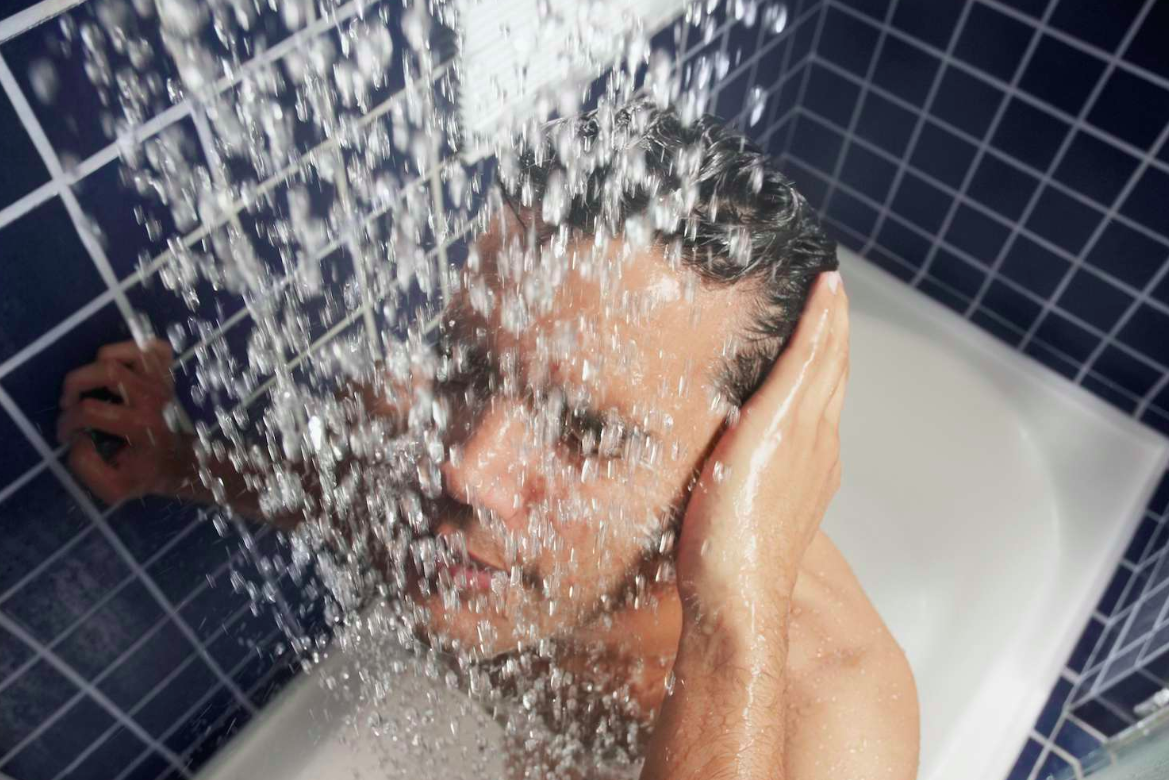As we age, a lot of things about our daily routines start to change—including what our skin can handle. One surprising habit that might need rethinking? Your daily shower.
Dermatologists are now advising that people over 65 may want to scale back how often they shower. Why? Because aging skin becomes more sensitive, and frequent washing can actually do more harm than good.
Let’s break it down.
I. Why Your Skin Changes as You Get Older
Aging doesn’t just show up as wrinkles—it actually changes the structure and behavior of your skin. Over time, your body makes less collagen and elastin, the proteins that keep skin firm and stretchy. Plus, the top layer of skin (the epidermis) gets thinner and holds onto less moisture.
This leads to:
-
Dryness and flakiness
-
Increased sensitivity
-
Slower healing
-
Loss of natural oils (sebum)
With all these changes, older skin becomes more vulnerable—to harsh soaps, hot water, and even just too much scrubbing.
II. Daily Showers: Helpful or Harmful?
While showering every day may seem like good hygiene, it’s not always necessary—and for older adults, it could backfire.
Frequent showers can:
-
Strip away natural oils
-
Make dry or itchy skin worse
-
Weaken the skin’s natural barrier
-
Increase the risk of irritation or infection
The combination of hot water, long showers, and strong soaps is especially tough on aging skin.
III. How Often Should You Shower After 65?
Experts say that 2–3 showers a week is usually enough for most seniors—especially if you’re not sweating heavily or doing intense physical work. On non-shower days, a quick wash with a warm, damp cloth (especially on underarms, feet, and groin) can keep you feeling fresh without drying out your skin.
Remember: It’s not about skipping hygiene—it’s about being smart and gentle with your skin.
IV. Tips for a Skin-Friendly Shower Routine
If you want to keep your skin healthy and comfortable, here are a few simple changes that can make a big difference:
-
Use lukewarm water: Hot water feels nice, but it strips away moisture. Warm water is gentler.
-
Go for gentle cleansers: Skip the heavily scented soaps. Look for products that say “fragrance-free,” “for sensitive skin,” or “moisturizing.”
-
Keep showers short: Aim for 5–10 minutes. Less time in the water means less moisture lost.
-
Moisturize right after: Apply lotion or cream while your skin is still slightly damp. Ingredients like ceramides, glycerin, or hyaluronic acid are especially helpful.
-
Pat, don’t rub: Use a soft towel and gently pat dry to avoid irritating the skin.
V. Other Things That Impact Aging Skin
It’s not just about showering. Older skin is more sensitive to:
-
Dry indoor air (especially in winter)
-
Sun exposure
-
Pollution
-
Poor hydration or nutrition
Drinking enough water, eating a balanced diet, and wearing sunscreen every day can all help your skin stay stronger and healthier.
VI. Real-Life Results: What Happens When You Change Your Routine?
Many older adults who’ve adjusted their shower habits notice some big improvements. Skin becomes less dry and itchy, minor cuts heal faster, and there’s often less irritation overall.
Sometimes, small changes really do make a big difference.
Final Thoughts
Showering less often doesn’t mean letting go of cleanliness—it means listening to your skin and giving it what it really needs. For those over 65, that might mean fewer showers, gentler products, and a bit more moisturizer.
Your skin is with you for life—so take care of it with kindness.

Sophia Reynolds is a dedicated journalist and a key contributor to Storyoftheday24.com. With a passion for uncovering compelling stories, Sophia Reynolds delivers insightful, well-researched news across various categories. Known for breaking down complex topics into engaging and accessible content, Sophia Reynolds has built a reputation for accuracy and reliability. With years of experience in the media industry, Sophia Reynolds remains committed to providing readers with timely and trustworthy news, making them a respected voice in modern journalism.
